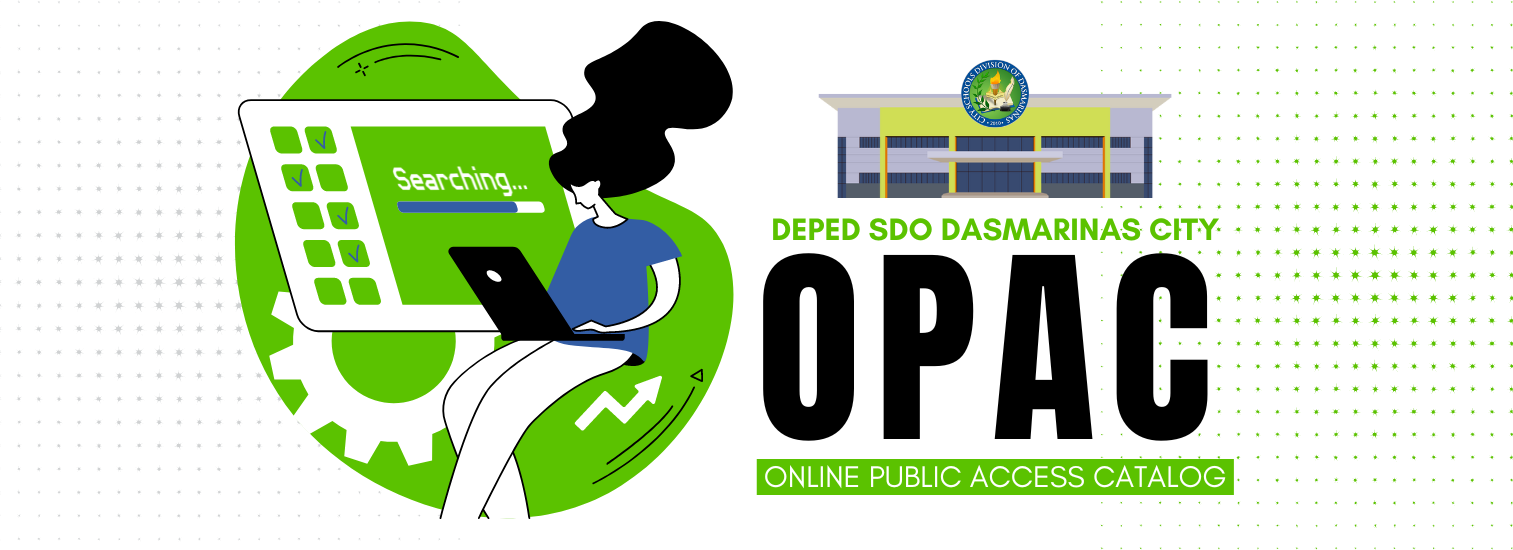Moral obligations: actions, intention, and valuation
Material type: Text2010 New Brunswick U.S.A. Transaction PublishersEdition: rev. edDescription: ix, 139 pages ; 23 cmISBN:
Text2010 New Brunswick U.S.A. Transaction PublishersEdition: rev. edDescription: ix, 139 pages ; 23 cmISBN: - 9781412813402
- 170.'.42 W73m 2010
| Item type | Current library | Call number | Status | Barcode | |
|---|---|---|---|---|---|
 Books
Books
|
DepED Dasmarinas City | 170'42 W73M 2010 (Browse shelf(Opens below)) | Available | DSM_PSY_00006 |
Browsing DepED Dasmarinas City shelves Close shelf browser (Hides shelf browser)
| "005.7565 P8843d 1986" The dBASE III: programming handbook | 152.46 D5354w 1998 Why worry: How to live without fear & worry | 158.2 M4651b 1997 Becoming a person of influence: how to positively impact the lives of others | 170'42 W73M 2010 Moral obligations: actions, intention, and valuation | 338 K265s 2009 Sustaining entrepreneurship and economic growth: lessons in policy and industry innovations from Germany and India | 351.007 G8849p 1980 Politics and policy implementation in the third world | "372.13'6 H3692y 2011" Young investigators: the project approach in the early years |
Originally published: Agency and urgency. New York: Precedent Pub., 1974
Notes:
Revised edition of Agency and Urgency: the origin of moral obligation. New York: Precedent Pub., 1974
Includes bibliographical references and index.
Summary:
There are many ways of writing about the moral life; Moral Obligations follow the way of what philosophers call "meta-ethics": the analysis, not of particular moral problems, but of how the concepts used in formulating and solving them, concepts like "right" and "obligatory," have significance and power over us. The meta-ethical part of this book is preceded by a discussion of action, in which Wren lays the foundations for the argument that moral obligation is a part of the formal structure of human agency. Wren's argument is practical and social-psychological: it is to help all, starting with those who are already committed to some version of the ethic of individual dignity, to promote interagency fellowship and peace as a result of seeing a certain truth, namely, the truth that the urgency of their feelings of moral obligation derives from an unspoken intention to belong to a community of agents. Moral Obligations begin with the philosophy of action, and then it reviews the historical debate about the nature of obligation and its social context. This is followed by a section about action in general: it establishes the standpoint of the agent and makes an inventory of several species of action. Later chapters summarize the foregoing themes, with emphasis on the unspoken side of the intention, and develop them in conjunction with an analysis of the hypothetical imperative. The work closes with a discussion of the dilemma of membership in competing moral communities. -- ‡c From the publisher's description Contents:
Action
Intention
Valuation
Obligation
The moral community
The moral domain
There are no comments on this title.
